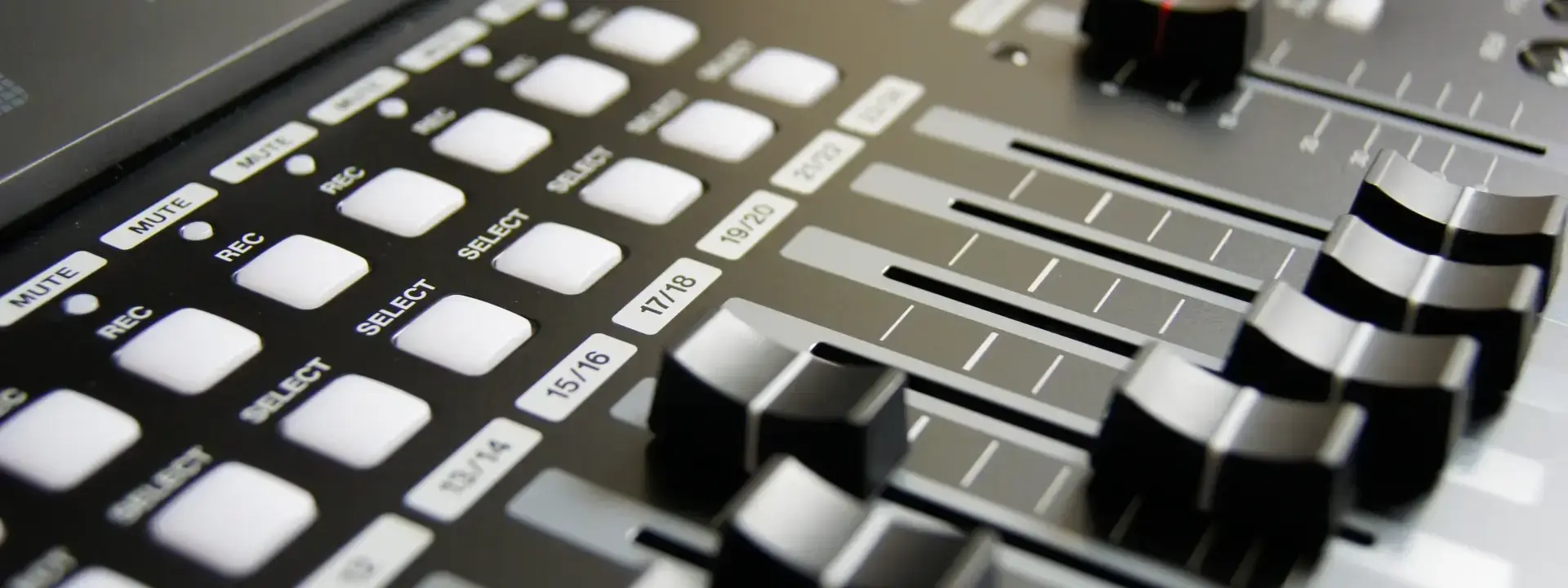
Sound Producer Job Description
What is a Sound Producer Professional?
A sound producer is responsible for the overall audio production of a project, from pre-production to post-production. They work closely with the other members of the production team to ensure that all aspects of the audio are well coordinated and complement each other. The sound producer oversees all aspects of the audio production, including recording, editing, mixing and mastering. They also liaise with third-party suppliers such as music libraries and Foley artists. The role of a sound producer can vary depending on the size and scope of a project.

What does a Sound Producer Expert do?
For example, on smaller projects they may be responsible for managing all aspects of Audio Post Production themselves; whereas on larger projects they will delegate tasks to specialist teams (such as dialog editors or re-recording mixers) whilst still maintaining creative control over the final product. In either case, it is important that they have excellent communication skills in order to effectively collaborate with other members of staff both within their own team and across different departments
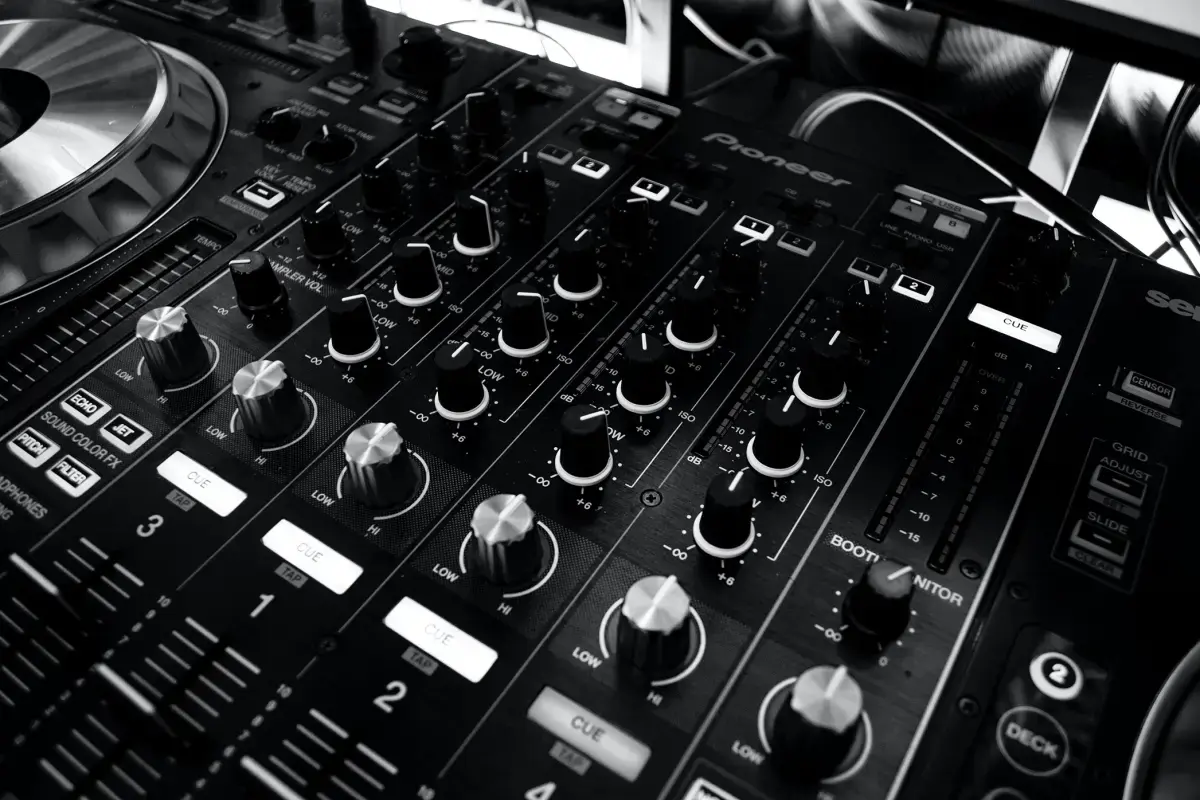
What are the Skills of a Sound Producer?
The job of a sound producer is to oversee the audio production for music, film, video games, television, and other forms of media. They work with artists and technicians to ensure that the final product meets the highest possible standards. A sound producer must have a deep understanding of both technical aspects such as acoustics and recording techniques, as well as artistic ones such as composition and arrangement. They need to be able to communicate effectively with all members of the team in order to achieve the best results. In terms of specific skills, a good sound Producer should: -have excellent musical ears and an innate sense for what sounds “good”; -be highly knowledgeable about recording hardware and software; -possess strong mixing abilities; -be familiar with streaming services and how they work;- understand foley artistry and effects design;- know how to use Pro Tools Or another major DAW fluently,- have script interpretation experience for TV/film projects
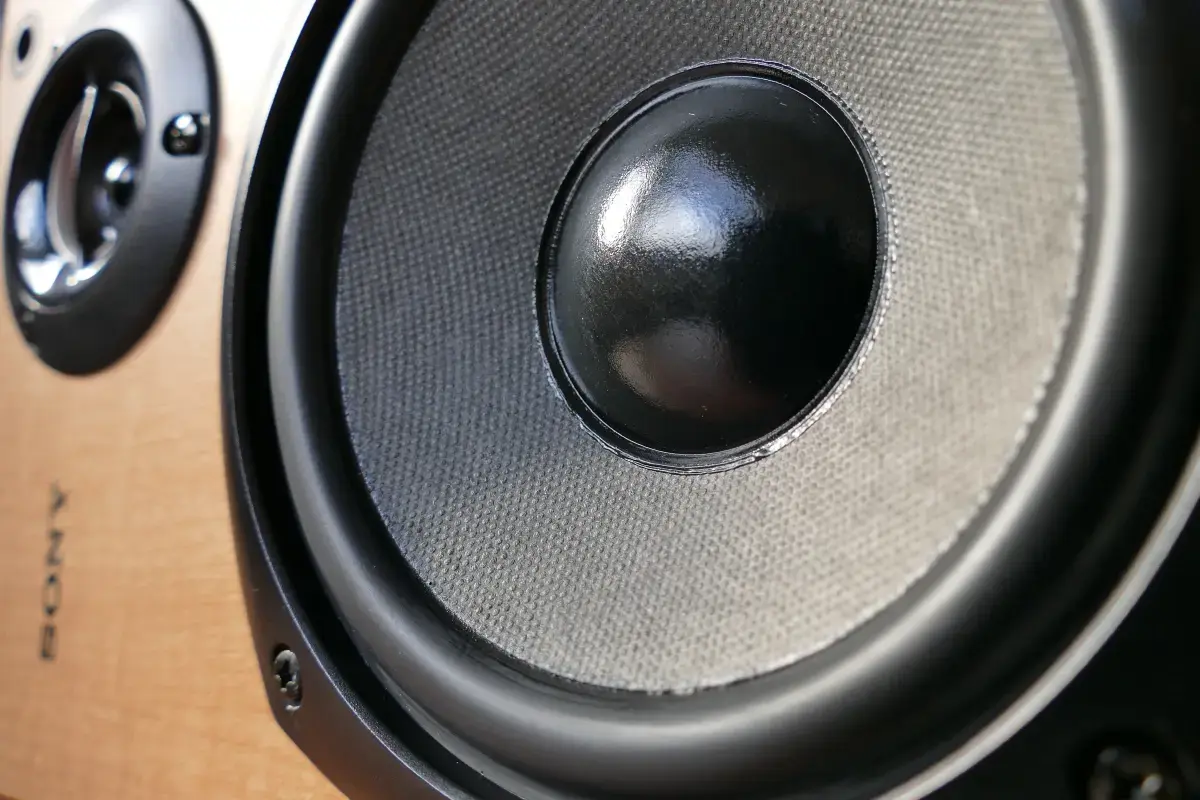
What makes an Expert Sound Producer?
And finally,- Be organized efficient multitasker who can handle competing demands without dropping any balls!While formal education is not required for this position,, many employers prefer candidates who have at least a bachelors degree in audio engineering or a related field. In addition Sound producers often begin their careers working in various roles (such as assistant engineer) before eventually moving up into producing full time.. extensive experience performing each role mentioned above is critical if one hopes to move into higher echelons

What level of Experience & Qualifications are required to be a Sound Producer?
Industry experience: • At least 5 years of experience in audio recording, music production, sound engineering and post-production. • Mastery of relevant software programs such as Reason 10 (or other DAWs) Pro Tools, Avid Pro Tools, Logic Pro X and Adobe Audition. • Hands-on understanding of the live sound process with knowledge in microphone selection and placement practice. Trainings: • A strong understanding of audio physics including acoustics as well as applying EQ on various mixers to achieve optimal results. • Thorough knowledge background in digital signal processing and wiring connections among devices used during show setup. Qualifications: • Ability to work efficiently under pressure with aggressive timeline requirements while meeting profitability objectives for projects assigned by clients or producers/directors/engineers involved in the production process. Education: • Bachelor’s degree from an accredited college or university OR equivalent education & expertise combined together • Additional certifications & trainings preferred such us Sound Design Certificates from Berklee College Of Music or Musicians Institute
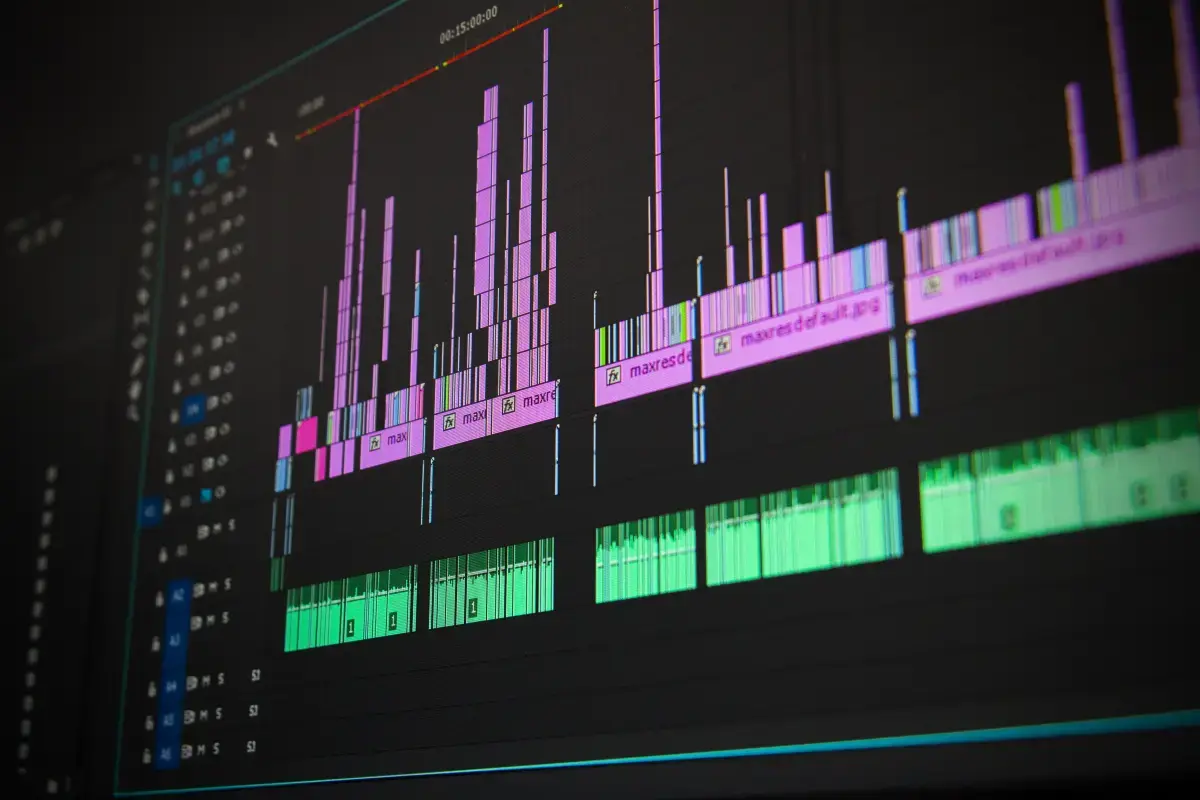
What is the Salary of a Sound Producer?
For junior sound producers, the expected salary range typically runs between $25,000 and $35,000 annually. A junior producer is usually someone just starting out in the sound production field and may have limited experience. At this level of expertise, employers expect a sound producer to handle basic tasks such as setting up microphones and pre-recording dialogues while working on smaller audio projects with minimal supervision. Mid-level sound producers tend to make more money than their junior counterparts; their annual salaries typically range from $45,000 to $60,000 per year. Mid-level producers are expected to be able to work independently on larger scale productions that require more complex problem solving abilities and creative solutions for any technical issues that arise along the way. This individual should be well versed in managing budget constraints as well as working with clients at all levels of production. Finally senior or lead audio engineers can reasonably expect salaries anywhere between $65,000 - $100,000+ per year depending on experience & skill set . It’s within this role that a significant amount of responsibility lies due to many factors including but not limited too art direction & quality control management while juggling multiple projects at once & maintaining an FTP server full of content which could also lack supervision over colleagues who answer directly too you or whom you assist where needed during peak times etc… One would hope even whilst all these demands are being pulled upon you ,youd still maintain enthusiasm , imaginations , good communication flow both up & down stream .. your word will become instinctive rather than instigated hence why so much responsibility lies at this higher end of the earning bracket
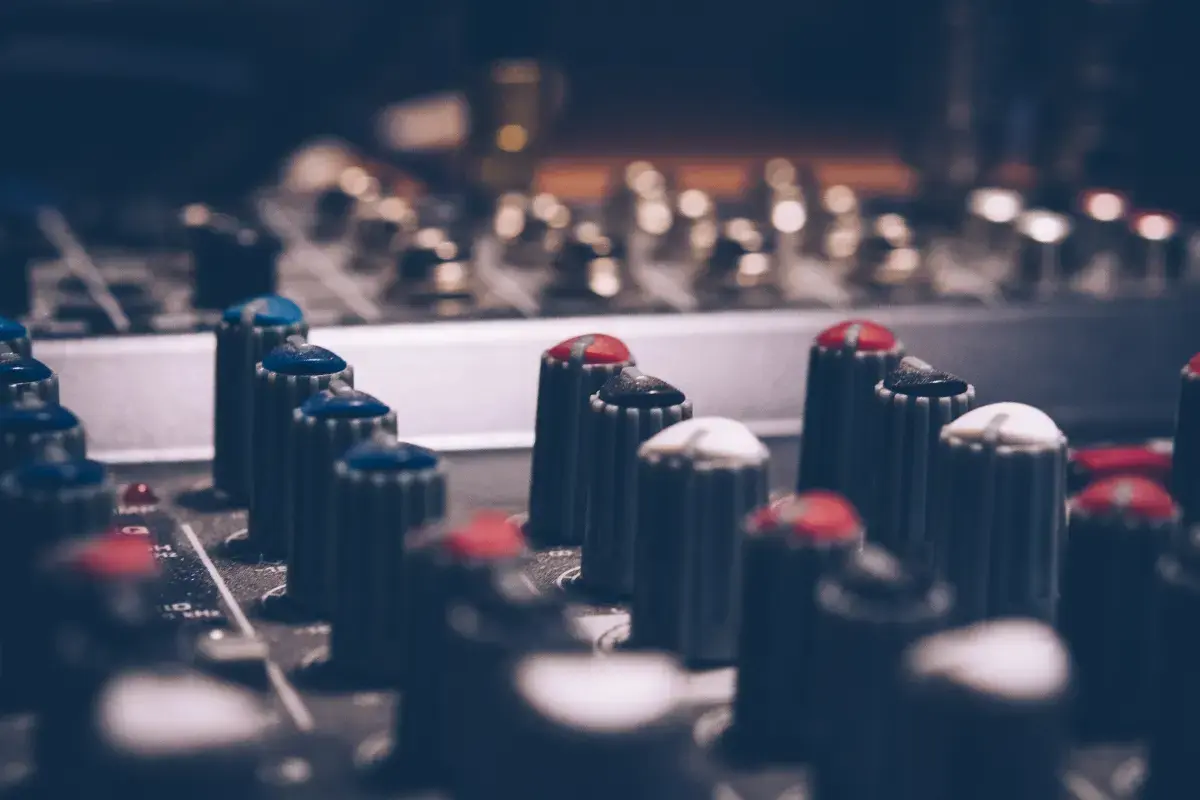
What are the Working Conditions for a Sound Producer?
The working conditions for sound producers can vary widely, depending on the type of work being done. Generally speaking, most sound producers work in either a studio environment or from home. In a studio environment, they often have access to professional equipment and software which enables them to effectively produce high-quality audio recordings. They may work closely with other creative professionals such as recording engineers and composers, who help bring their ideas to life through their own instrumentation or programming expertise. In terms of day-to-day activities, sound producers often have a hand in editing raw sounds by removing pieces deemed outdated or too "noisy," as well as adding effects to make certain components of the final track stand out more prominently than others; this is known as post-production mixing/mastering. Additionally, part of the job includes finding or creating new sounds (which could include using tools like synths to create unique digital samples) for use in constructing an original piece from scratch—or sampling existing content and manipulating it into something completely new—and then mastering it so that its sonic elements are cleanly balanced across different systems when played back (e.g., wireless speakers vs headphones). Finally, many sound producers might need generate promotional material associated with their projects too by designing album covers or creating marketing graphics (for social media platforms like Twitter/Instagram/etc.) that directly promote the music itself accordingly—all before potentially selling these products digitally (via platforms like Bandcamp) afterwards!

What are the roles and responsibilities of a Sound Producer?
To work with the artist and ensure that their vision is achieved
Overseeing all aspects of audio production, from inception to completion
recruiting and managing staff as needed
Coordinating timelines and schedules
Managing budgets
Hiring studio musicians when necessary
selecting which takes will be used in the final product
Editing raw recordings
Mixing tracks together
placing microphones
adjusting sound levels
using noise reduction techniques where necessary
ensuring a clean recording
correction pitch/timbre issues
adding effects (reverb, delay etc)
exporting files in required formats
providing mastering services
submitting technical paperwork
coordinating file transfers 20 keeping up with industry trends

Where can I find Sound Producer jobs?
- Create a profile on gigexchange and promote your Sound Producer skills to advertise you are Open to New Work Opportunities
- Ensure your Resume (or CV), or online work profile is up to date and represents your skills and experience. Ensure your reputation reflects your ability & attitude.
- Apply for Sound Producer Jobs advertised on gigexchange.
- Practise Sound Producer interview techniques to ensure you represent your personality and ability succinctly and confidently.
- Accept the job offer if the salary meets your expectations and the employer mission and purpose reflects your core values.
Jobs
What are the best job boards for Sound Production jobs?

How can I hire Sound Producer staff online for my business?
The best job board for recruiting Sound Producer experts is gigexchange.com. Advertise full-time, part-time or contract jobs to find, hire & recruit trusted, experienced and talented Sound Producer candidates near you.
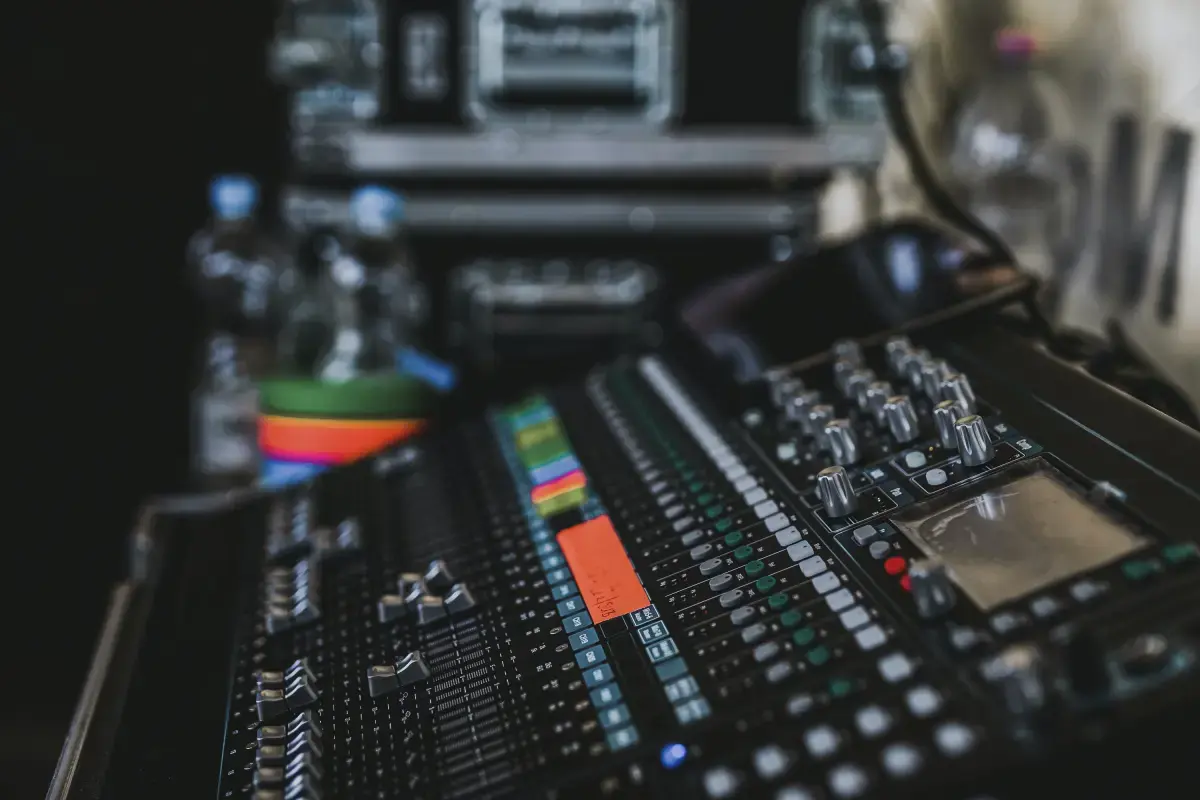
Are Sound Producer roles in demand in 2026?
Sound Producer experts are still in high demand in 2026. If you are an experienced Sound Producer or looking to train and become one. The job market is looking strong for Sound Producer jobs near me.